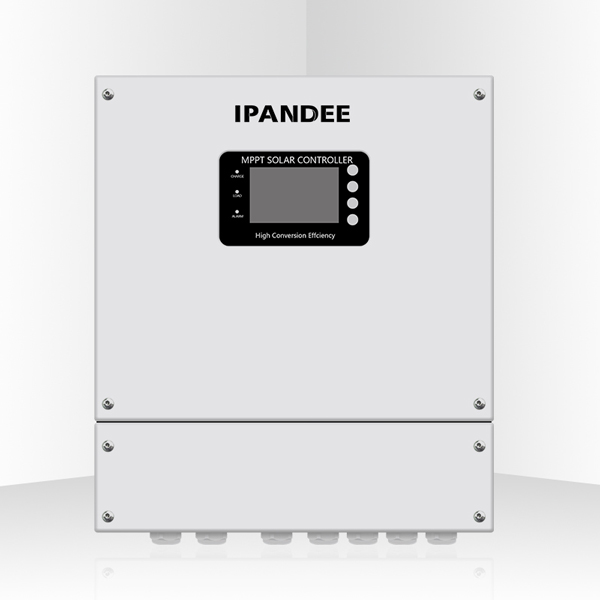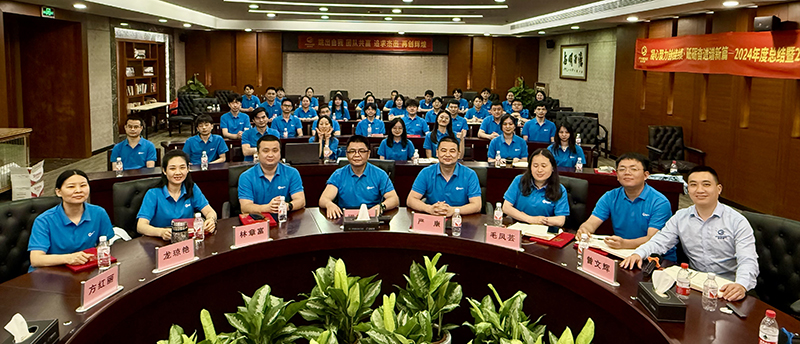In the ever-evolving landscape of agriculture, technology plays a pivotal role in enhancing productivity and sustainability. One such technological innovation making waves in the agricultural sector is Solar PV MPPT (Maximum Power Point Tracking), a cutting-edge technology that has the potential to revolutionize precision farming. Let's delve into the profound impact of Solar PV MPPT on agricultural productivity.
Unleashing Solar Energy Efficiency
Harvesting Maximum Solar Power
Solar PV MPPT is designed to extract the maximum energy from sunlight by optimizing the performance of solar panels. In agriculture, where energy-intensive operations are commonplace, harnessing solar power efficiently becomes a game-changer. This technology ensures that every inch of available sunlight is converted into electrical energy, providing a reliable and sustainable power source for various agricultural applications.
Reducing Dependency on the Grid
By incorporating Solar PV MPPT into agricultural systems, farmers can reduce their reliance on conventional power sources. This independence not only leads to cost savings but also enhances the resilience of farms, especially in remote areas where access to the electrical grid may be limited. The result is a more self-sufficient and sustainable approach to powering agricultural operations.
Precision in Irrigation and Water Management
Optimizing Water Pumping Systems
Agricultural productivity is directly tied to efficient water management. Solar PV MPPT can be integrated into water pumping systems, ensuring that irrigation processes are optimized for maximum efficiency. By precisely tracking the sun's position and adjusting the solar panels accordingly, farmers can achieve a more accurate and consistent supply of water to their crops, leading to improved yields and resource conservation.
Data-Driven Decision Making
Solar PV MPPT systems often come equipped with monitoring and data analytics capabilities. This data can be invaluable for farmers in making informed decisions about water usage, crop health, and overall farm management. The precision offered by these systems empowers farmers to respond proactively to changing environmental conditions, ultimately increasing the resilience of their agricultural practices.
Sustainable Power for Agri-Tech Innovations
Powering Agricultural Technologies
The integration of Solar PV MPPT extends beyond basic power needs; it opens the door to a range of agri-tech innovations. From automated machinery and sensor networks to precision farming drones, these technologies can be powered sustainably by solar energy. Solar PV MPPT ensures a continuous and reliable power supply, enabling the seamless operation of these innovations and further advancing the efficiency of modern farming practices.
Reducing Carbon Footprint
As the agricultural sector seeks to embrace more sustainable practices, the adoption of Solar PV MPPT contributes to reducing the carbon footprint associated with conventional energy sources. By relying on clean, renewable solar energy, farmers can align their operations with environmental conservation goals, making agriculture a more environmentally friendly industry.
Economic Benefits and Long-Term Viability
Cost-Efficiency and Return on Investment
While the initial investment in Solar PV MPPT technology may seem substantial, the long-term economic benefits are significant. Reduced energy costs, government incentives, and the potential for excess energy generation to be sold back to the grid contribute to a favorable return on investment. This financial viability makes Solar PV MPPT a compelling choice for farmers looking to secure the long-term sustainability of their operations.
Future-Proofing Agriculture
In an era of climate uncertainty and evolving energy landscapes, Solar PV MPPT emerges as a tool for future-proofing agriculture. Its ability to adapt to changing environmental conditions, coupled with its positive impact on productivity and resource management, positions this technology as a key player in ensuring the resilience and sustainability of the agricultural sector.
In conclusion, the integration of Solar PV MPPT into agricultural practices marks a significant stride towards precision farming. The impact extends beyond efficient energy utilization, influencing water management, empowering agri-tech innovations, and contributing to the economic and environmental sustainability of farming operations. As we look towards a future where technology and agriculture harmonize for optimal productivity, Solar PV MPPT stands out as a beacon of progress in the field of precision farming.
 English
English  한국어
한국어  français
français  Deutsch
Deutsch  Español
Español  italiano
italiano  русский
русский  português
português  العربية
العربية  tiếng việt
tiếng việt  ไทย
ไทย  Polska
Polska  中文
中文







